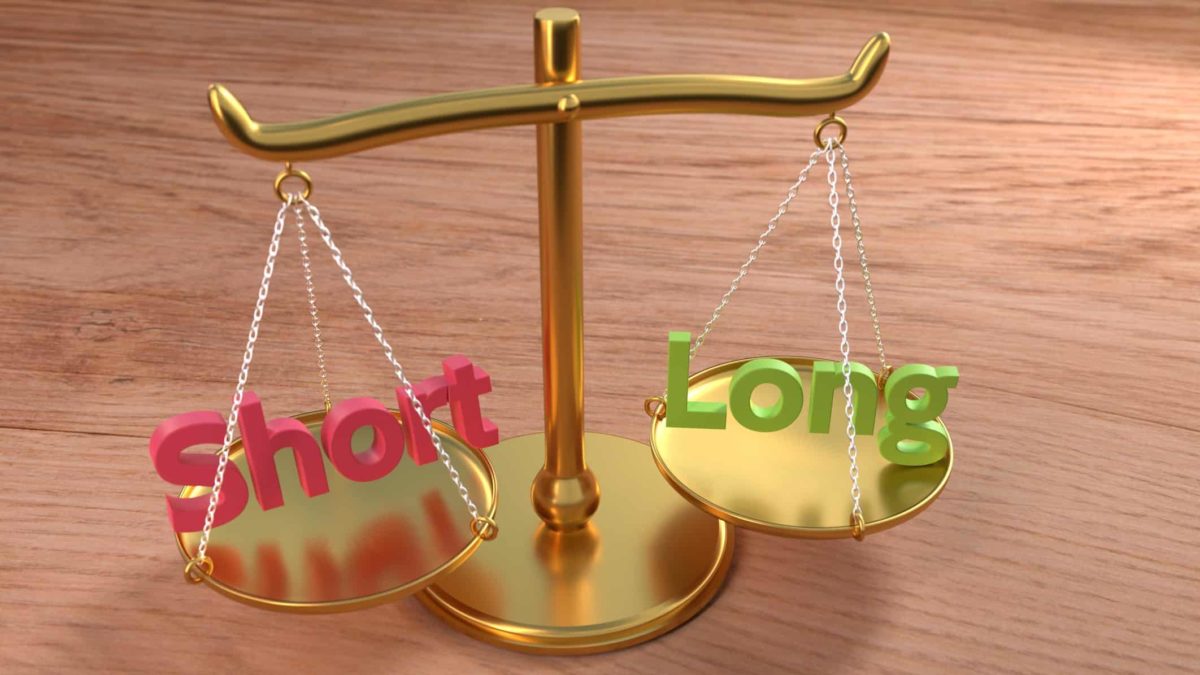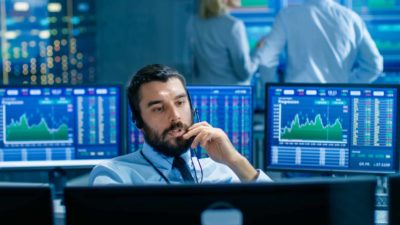The mania over gaming vendor GameStop Corp (NYSE: GME)'s wild share price rise and subsequent fall is fading almost as quickly as it began.
But the wider implications of the Reddit army's ability to influence share markets isn't likely to go away soon.
In case you're just tuning in (from, say, Mars) the Reddit army is the cohort of retail investors using social media groups like WallStreetBets to coordinate their investment plans. Their initial targets were short sellers, mostly hedge funds, who hope to profit when a company's share price falls.
In an oversimplified nutshell, short selling is generally done by selling borrowed shares with the intent to buy them back later at a lower price. The short seller then returns the shares and pockets the difference, minus the borrowing fee paid.
As one of the most shorted shares, GameStop was one of the stocks the Reddit crowd snapped up, driving the price through the roof. Hedge funds were forced to cover their positions, buying shares and further fuelling the price gains.
By the time the GameStop share price peaked last week, on 27 January, it was up 1,915% in 2021.
Then reality hit. And the losses started hitting hard.
The GameStop share price crashed 42% again yesterday (overnight Aussie time). And it's down another 8% in overnight trading. Investors who bought at the 27 January high are now nursing losses of 85%.
Ouch!
GameStop's permanent implications
According to Andrew Macken, fund manager of Montaka Global Investments (quoted by the Australian Financial Review):
This is a new world now. No-one imagined a GameStop could happen. This will have permanent implications for how short portfolios are managed within the professional long short industry.
Macken's solution? He's now mostly shorting exchange-traded fund (ETF) indexes instead, reducing the stock specific risks that could see a shorted share rise by the likes of 1,915%.
So, what kind of presence do retail investors have on the ASX? According to Morgan Stanley analyst Chris Nicol, online retail investors represented 11% of the market's total turnover and 9% of total trades in January.
Short sellers digging in
While some short sellers took a bath during the Reddit army's attack on their positions, hedge funds as a whole aren't throwing in the towel.
As Bloomberg reports:
On the short side, they're targeting some of last year's best performers — those with businesses that will be less robust once people return to their pre-pandemic routines — as well as industries that may languish because of altered consumer tastes or habits, such as movie-theater operators like AMC.
Addressing the unprecedented run higher in shares like GameStop and entertainment and movie company AMC Entertainment Holdings Inc (NYSE: AMC), Hampton Road Capital Management founder John Thaler said:
You've had a very unhealthy abandonment of discipline around valuation. If something happens to pop the bubble, these investors will retreat and it will have a cascading effect — with losses begetting more losses.
South Korea's short selling ban puts sharemarket on thin ice
South Korea imposed a ban on short selling during the COVID-driven share market meltdown last March. While that may have saved some short-term investor pain, many analysts fear that, in the end, this could cause more harm than good.
As Bloomberg reports:
A growing number of fund managers and traders are worried that South Korea's pandemic-imposed ban on short-selling, the world's longest-such restriction, has artificially propped up the country's stock market rally.
Jeon Kyung-Dae is the chief investment officer for equities at Macquarie Investment Management Korea. Jeon highlights that with Korea's ban on short selling "bearish bets on overvalued stocks are now being delayed and accumulated… That means there will be a short-term shock in Korea equities when the short-selling is available for all stocks."
Vince Lorusso is a fund manager at Changebridge Capital in the US city of Boston. According to Lorusso, who runs an equity long-short exchange-traded fund:
We don't see a lot of evidence that banning short selling improves market liquidity or reduces volatility. To ban short-selling would take away a valuable market tool for price discovery and a range of other things.
Could the Reddit army turn about-face?
Could the Reddit army turn about-face and opt to short sell themselves?
According to Bloomberg, "some options experts say the message-board masses could exploit this so-called gamma squeeze in reverse, by weaponizing puts to power a sell-off".
The 'gamma squeeze' in question here has to do with the options markets. During the massive run up in the share prices of stocks like GameStop, many retail traders were buying call options. A call option gives you the right but no obligation to buy a certain number of shares at a predetermined price within a set time frame.
With call options on shares like GameStop and AMC soaring, dealers were forced to buy the shares to hedge their exposures. That only drove the share prices higher.
The same, some analysts worry, could happen in reverse if the retail army buys put options on a certain share. A put option gives you the right, but no obligation, to sell a certain number of shares at a predetermined price within a set time frame.
That could see options dealers having to sell shares that are already under pressure, turbocharging any losses.
According to Cem Karsan, founder of Aegea Capital Management LLC, "Put buying en masse would add to dealers' short put positioning and could create much more severe structural leverage imbalance to the downside."
In case you're wondering, the most shorted share on the S&P/ASX 200 Index (ASX: XJO) this week was Webjet Limited (ASX: WEB), with a short interest of 14.2% on Monday.









